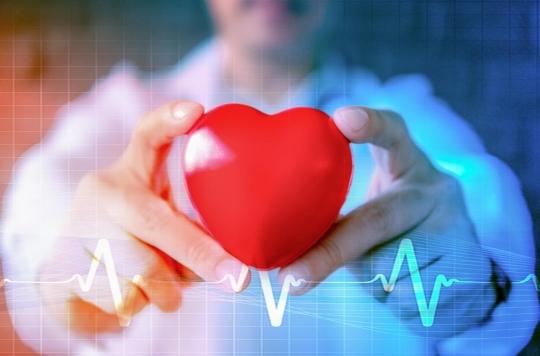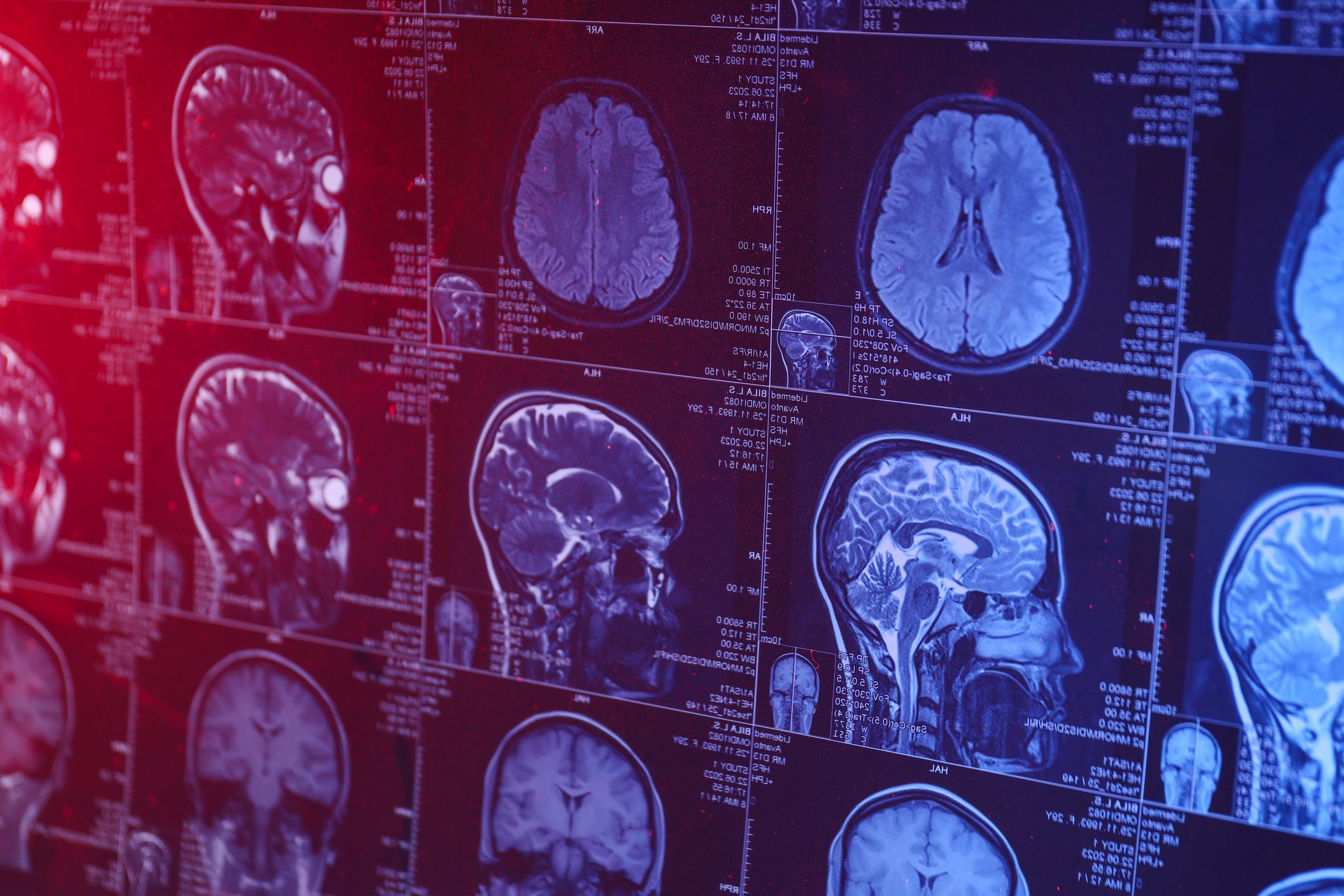According to a new study, our brain’s sensitivity to external sensory stimuli changes with the rhythm of our heartbeat.

“The heart has its reasons that reason does not know.said Blaise Pascal in his thoughts. However, heart and brain are intimately linked, science proves to us. Thus, according to a new study published in the journal Proceedings of the National Academy of Sciences of the United States of Americathe sensitivity of our brain to external sensory stimuli would change with the beat of our heart.
Scientists at the Max Planck Institute for Human Brain and Cognitive Sciences in Leipzig and the School of Mind and Brain in Berlin, both in Germany, have been studying the relationship between brain and heart for a long time. For their new study, they recruited 37 volunteers and performed 960 trials. In 800 of them, they gave the subjects a mild electric shock to the index or middle finger of the left hand. The volunteers had to report in which finger they felt the stimuli. In the remaining 160 trials, they received no stimuli.
In parallel, the researchers used electroencephalography (EEG) to record the electrical activity of the brain and electrocardiography (ECG) to record the electrical activity of the heart. They thus discovered how the phase of the heartbeat could modify the conscious experience of the participants.
Heightened awareness of external perceptions during diastole
In the past, they had already shown that during systole, humans had more difficulty detecting and locating a weak electric shock during systole (when the heart pumps blood through the body) than during diastole (when the heart is filled with blood). Here they succeeded in linking this change in sensitivity to a distinctive feature of electrical activity in the brain. Known as P300, the latter is about consciousness.
They thus noticed the signal of the P300 was more important when the stimulus was unexpected and that it decreased during the systole. This could be because the pulse of high blood pressure that sweeps through the body when the heart contracts is a predictable stimulus not deserving of conscious attention.
Another mechanism brought to light during this study is that which connects the heart and sensory perception. The researchers noticed that when subjects were more aware of their heartbeats, they tended to be less able to detect and localize electric shocks.
Helping to care for patients after a stroke or heart attack
“This appears to be the result of directing our attention between external environmental cues and internal bodily cues”, explains Esra Al, who led the research. So, while the brain can quickly switch conscious attention between internal sensations, such as breathing or heartbeat, and external sensations, it would seem that we cannot focus on both simultaneously.
Since after a heart attack or stroke, the usual two-way communication between the heart and the brain can be impaired, these results “could help explain why patients after stroke often suffer from heart problems and why patients with heart disease often have impaired cognitive function”enthuses Arno Villringer, the lead author of the study.
What are the differences between a myocardial infarction or a stroke?
Heart attack or myocardial infarction (MI) is the death of a more or less extensive area of heart muscle, called myocardium. The heart muscle cells in the area in question can no longer contract due to a lack of oxygen supply and die within hours. In France, according to Inserm, about 120,000 people have a heart attack each year. Among them, 10% die at this time and 18,000 die in the following year.
A cerebrovascular accident, or “cerebral attack”, corresponds to the obstruction or rupture of a blood vessel in the brain. In France, there are more than 140,000 new cases every year, or one every four minutes. Moreover, stroke is the leading cause of acquired physical disability in adults, the second leading cause of dementia (after Alzheimer’s) and the second leading cause of death with 20% of patients dying in the year following the shock.


.
















